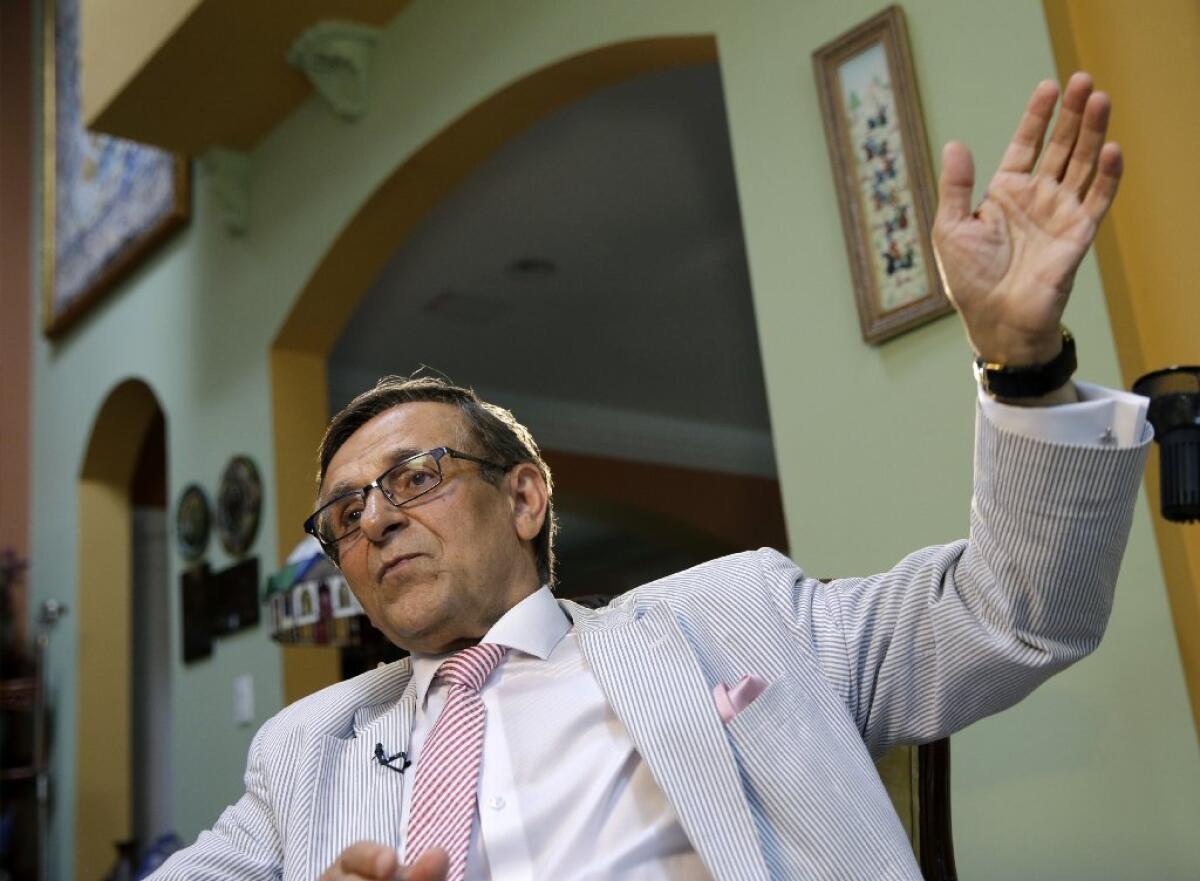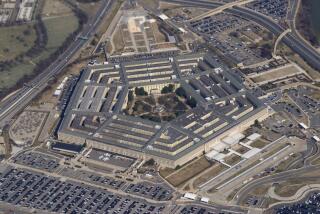Editorial: Surveillance by religious stereotype?

A report that the U.S. government conducted electronic surveillance on five prominent Muslim Americans is troubling. It deserves a fuller response from the government than a boilerplate assurance that it doesn’t choose targets of surveillance based on their political or religious views.
Relying on a spreadsheet supplied by former National Security Agency contract worker Edward Snowden, the online news site Intercept reported that, between 2006 and 2008, the government tracked the email accounts of Faisal Gill, who had served in the U.S. Department of Homeland Security, and four other men, including Nihad Awad, executive director of the Council on American-Islamic Relations, this country’s largest Muslim civil rights organization.
The article suggested that the men might have been targeted for surveillance because of their religion or peaceful advocacy, although no evidence of that was given. It noted that all of the men deny involvement in terrorism. None has been charged with a crime arising from the surveillance. The article also quotes a former FBI counter-terrorism official as spinning outlandish theories about Muslim Brotherhood infiltration of the United States, and it refers to a directive for intelligence personnel that used “Mohammed Raghead” as the name of a hypothetical surveillance target.
It isn’t clear whether any or all of the men were subjected to surveillance under the provisions of the Foreign Intelligence Surveillance Act. That 1978 law requires the government to demonstrate to a special court that there is probable cause that an American citizen or permanent resident is an agent of a foreign power or terrorist organization. (It’s possible that there can be probable cause to subject someone to surveillance for foreign intelligence purposes without there being probable cause to charge him with a crime.)
The notion that the FBI would target innocent individuals because of their views isn’t fantastic in light of the agency’s past activities, and profiling of Muslims was an unfortunate aspect of the official reaction to 9/11. That doesn’t mean that the past is prologue in this case and that these five men were the victims of religious bias, but the suspicion is understandable.
The American Civil Liberties Union and several other organizations have called on President Obama to make a “full public accounting” of the government’s surveillance practices. It’s unrealistic to expect the administration to publicize classified information in specific cases, but the FBI’s inspector general should inquire into the circumstances of these investigations and any broader role that religious stereotyping might be playing in the selection of targets for surveillance.
Follow the Opinion section on Twitter @latimesopinion
More to Read
A cure for the common opinion
Get thought-provoking perspectives with our weekly newsletter.
You may occasionally receive promotional content from the Los Angeles Times.






